
The July 2019 issue of LGR: Local Government Review is filled with key research findings and expert insights on local government issues and trends.
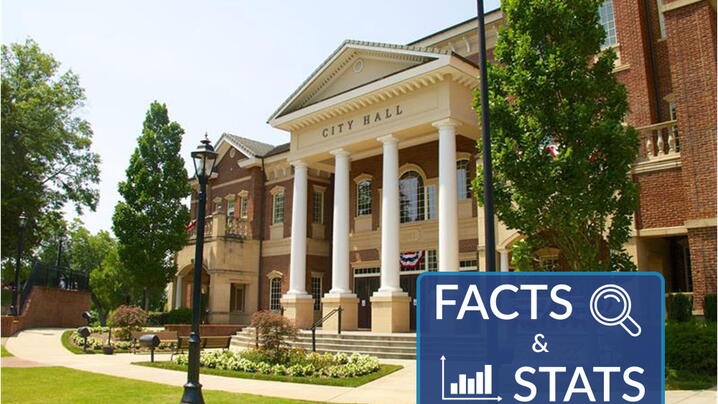
This month's "facts and stats" blog looks at recent results from the 2018 ICMA Municipal Form of Government Survey.

Summarizes the results of ICMA's latest Municipal Form of Government survey, which has been conducted nine times since 1974.
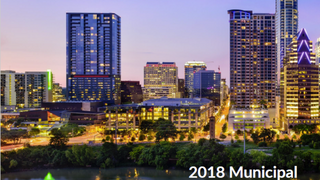
Summary of Survey Results
Form of government survey; Community engagement in police services; CAO Salary Survey
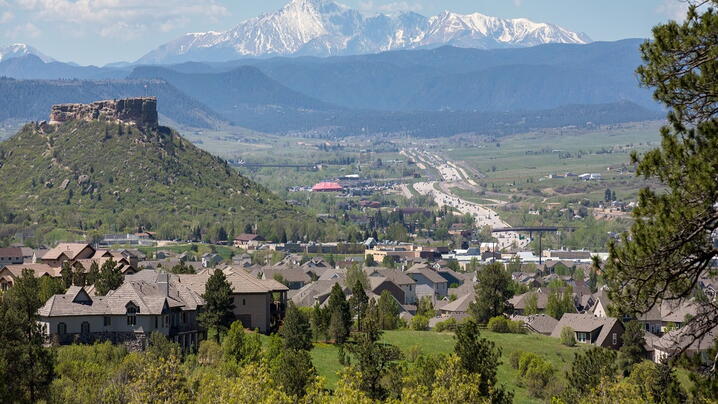
Seventy percent of the top 10 healthiest U.S. jurisdictions ranked by U.S. News & World Report are professionally managed.
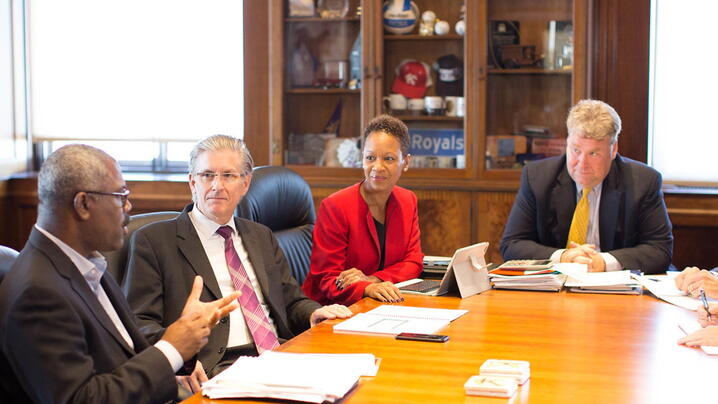
George B. Cuff breaks down the importance of council-manager relationships, the cost of change, and explores the fatal flaws of governing and managing.
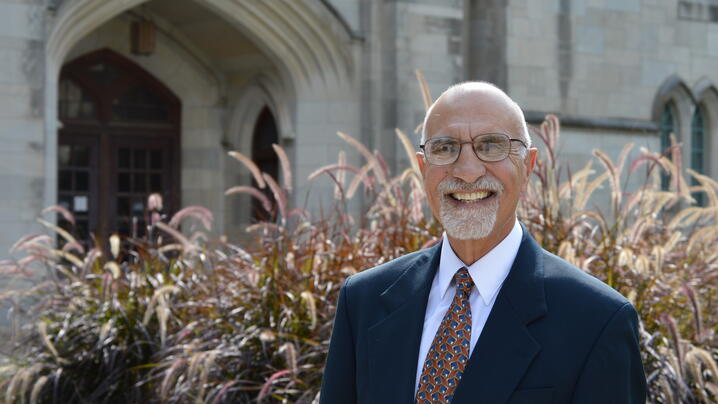
The council-manager form of government promotes professionalism and democratic values.
This table presented in this document shows longitudinal form of government statistics, in four-year increments.
